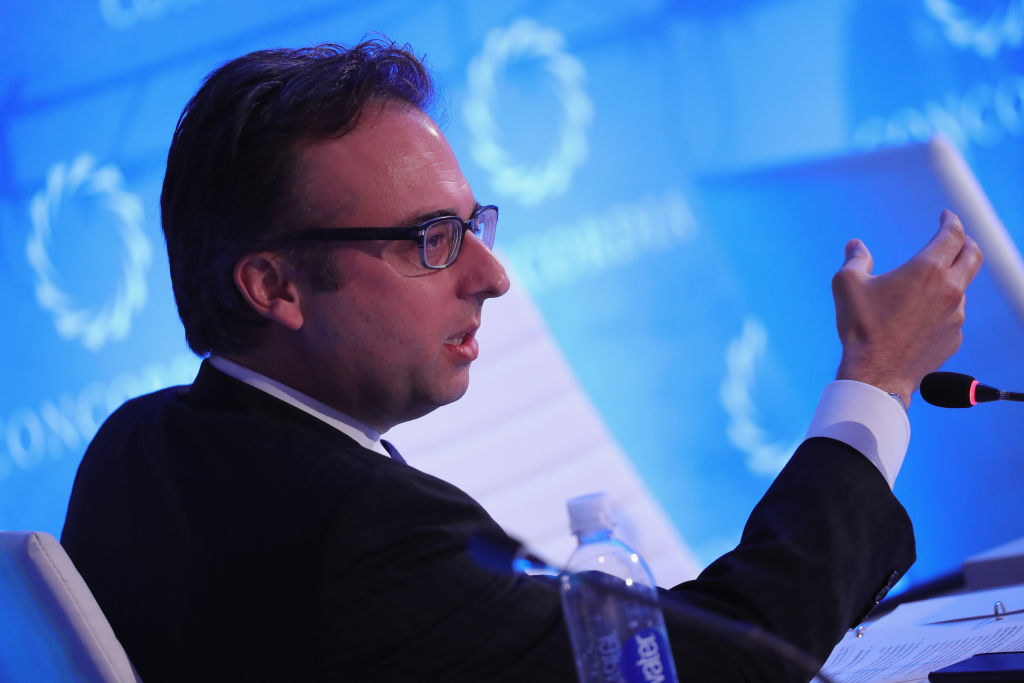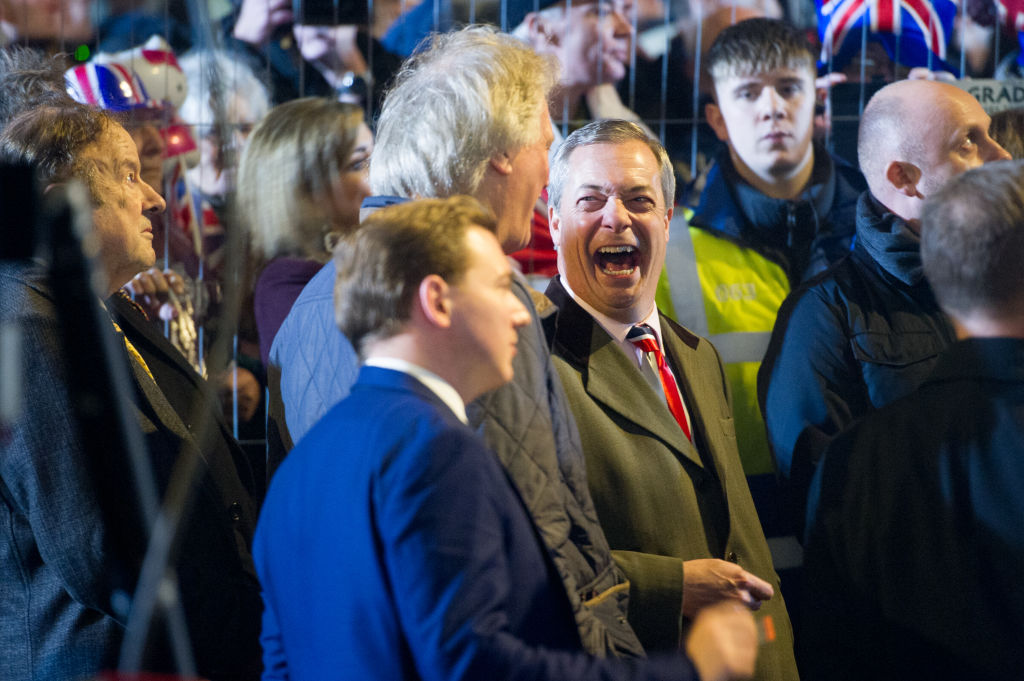In the theatre of modern politics, where money, power, and influence play out like a high-stakes game of chess, two names consistently rise to the surface of every controversy: George Soros and Elon Musk. One is lauded by progressives, hailed as a philanthropist and champion of democracy. The other is vilified, smeared as a rogue capitalist threatening the very fabric of society.
Both wield significant political influence, both finance their ideological agendas through media or organisations, both have played their part in shaping the world we live in. But Soros’s political interventions are celebrated as benevolent acts of social progress, while Musk’s interventions are met with frothing outrage from the same circles.
It is important that we look at the facts carefully. What have those two prominent figures actually done? What is their respective track record vis-à-vis influencing democratic institutions?
Let’s begin with Soros, the Hungarian-born financier and “philanthropist”, a man synonymous with the term “political intervention”. Through his Open Society Foundations (OSF), Soros has spent more than $32 billion (and counting) funding various causes -from liberal democracy and human rights to social justice initiatives.
His foundations support a vast array of NGOs, think tanks, and activist groups around the world, many of which advocate for progressive political agendas. Soros has been a tireless advocate for open borders, criminal justice reform, drug decriminalisation and, most notably, the institutionalisation of woke culture under the guise of “equity.”
But Soros’s involvement in politics does not stop at charity work. He has backed political candidates in the US and Europe, funding pro-globalist campaigns and supporting policies that often undermine traditional values and national sovereignty.
Take, for example, his active funding of the pro-EU lobby, or his efforts to discredit populist movements across the globe. Soros has wielded his financial clout like a hammer against rising nationalist sentiments, all while maintaining the façade of a benevolent philanthropist trying to spread “freedom” and “democracy.”
During the 2016 election, for instance, Soros poured millions into advocacy groups and political campaigns aimed at influencing US domestic politics. His Open Society Foundations gave more than $30 million to various organizations supporting Hillary Clinton’s campaign, including funding pro-Clinton ads, legal battles around voter rights, and getting out to vote operations in battleground states.
At the same time, he has funnelled millions of dollars into “colour revolutions” in Eastern Europe. In Ukraine, he gave $200 million in the wake of the Euromaidan protests, with critics arguing that he helped create instability that has now spiralled into the ongoing war with Russia.
And let’s not forget Soros’s support for criminal justice reform. Soros has been behind the rise of so-called “progressive prosecutors” in US cities, funding campaigns to elect candidates who embrace policies like decriminalising certain crimes, ending cash bail, and adopting more lenient approaches to criminal prosecution.
Notably, Soros’s financial backing helped elect progressive district attorneys such as Larry Krasner in Philadelphia, Kim Foxx in Chicago, and George Gascon in Los Angeles — each of whom has implemented soft-on-crime policies that have drawn sharp criticism from law enforcement professionals and citizens alike.
To top it off, his funding of “Black Lives Matter” movements and other organisations advocating for the defunding of the police has been instrumental in shaping the post-George Floyd political landscape. Soros’s networks were key in fuelling the rhetoric around systemic racism and pushing a broader agenda that undermines law enforcement and security.
At the same time, if we are to believe what Reuters reports, Soros has also been behind the wave of anti-Israel protests in university campuses and elsewhere in the US. (How and why Soros, who was born Jewish, may wish to provoke antisemitism is another — and very intriguing — story.)
And of course, one of Soros’s most controversial areas of political influence is immigration. He has been a significant financier of pro-immigration policies, particularly in Europe, where his foundations have funded efforts to establish the rights of migrants and “refugees”, promote asylum seeker integration and challenge national immigration laws.
In 2015, as the refugee crisis in Europe reached its peak, Soros publicly called for Europe to admit up to a million refugees per year. This was not just a rhetorical position. His foundation poured millions into groups like the International Migration Initiative and backed the European Refugee Fund, a mechanism for distributing funds to NGOs providing aid to asylum seekers and migrants in the EU.
And then you have Solidarity Now. Active primarily in Eastern Europe, the Balkans, and the Middle East, with a notably strong presence in Greece, Solidarity Now is using funding to impose a globalist agenda that seeks to reshape societies, largely ignoring the cultural and political realities of the countries in which it operates.
In addition to his activities in Europe, Soros has also been financing immigration advocacy organisations in the US through his Open Society Policy Center. In particular, Soros has backed organisations like the American Civil Liberties Union (ACLU) and the Immigrant Legal Resource Center (ILRC).
Soros foundations have also supported efforts to combat border enforcement policies in places like Texas, where he helped fund advocacy campaigns against the building of a border wall and encouraged cities to resist federal immigration directives.
Now, let’s take a look at Elon Musk, the self-styled “technoking” of Tesla, SpaceX, and now X (formerly Twitter). Musk, for all his flaws, is a far cry from the typical Silicon Valley mogul. His political interventions have been driven largely by a desire to break free from the approach that characterises much of the tech elite and their relationship with the political establishment. Whether it is his support for free speech, his opposition to COVID-19 lockdowns, or his criticism of the progressive stranglehold on cultural institutions, Musk has placed himself in direct opposition to the mainstream political narrative.
When Musk took over Twitter, he famously declared it a “free speech absolutist” platform, much to the chagrin of progressives. The mainstream media, in typical fashion, declared the move a threat to democracy. But is it any more of a threat than Soros funding the “democratisation” of information through left-wing advocacy groups and media outlets? Musk, however, doesn’t wield his influence by financing a network of sympathetic NGOs. Instead, he owns a platform and uses it to promote his vision — one that challenges the prevailing orthodoxy.
Over the years, Elon Musk has expressed support for a range of politicians, with a particular focus on those aligned with pro-business, innovation-driven policies. He has praised figures like Andrew Yang, especially for his advocacy of Universal Basic Income, and Ron DeSantis for his stance on economic growth and anti-woke policies. Musk has also occasionally voiced his admiration for centrist Democrats, but he has grown increasingly disillusioned with the party’s direction, particularly regarding issues like regulation and free speech.
What has really irked progressives, however, is Musk’s support for Donald Trump, which has evolved into a direct and public endorsement, especially in the lead-up to the 2024 presidential election. Musk appeared alongside Trump at a campaign event, signalling his active backing of Trump’s bid for re-election.
While their relationship has had ups and downs — particularly over issues like climate change — Musk has praised Trump’s business acumen, economic policies, and space initiatives. Musk’s public support reflects his alignment with Trump’s pro-business, deregulation-focused platform, especially in sectors like technology and energy.
Again, to progressives Musk’s endorsement of any conservative candidate is simply unacceptable. Still, they have no problem with Soros funding left-wing campaigns. So Musk’s critics in progressive circles are guilty of selective outrage. They decry his use of wealth to influence politics, yet Soros has been doing the same for decades and that does not bother them at all.
This is because, while Musk advocates for free speech, individual liberty and limited government, Soros funds agendas that undermine national sovereignty and individual autonomy. Thus, his actions align with an elite consensus they support. Musk, on the other hand, challenges the status quo in ways that unsettle those who benefit from it.
The hypocrisy is glaring — and a political system that applies double standards is nothing short of illiberal and despotic. In the end, it is not the billionaires who are the true threat to democracy, but those who claim to defend it while picking which influence is worthy of their outrage.





Greenland, Canada, Panama: Trump wants them, but can he take them?